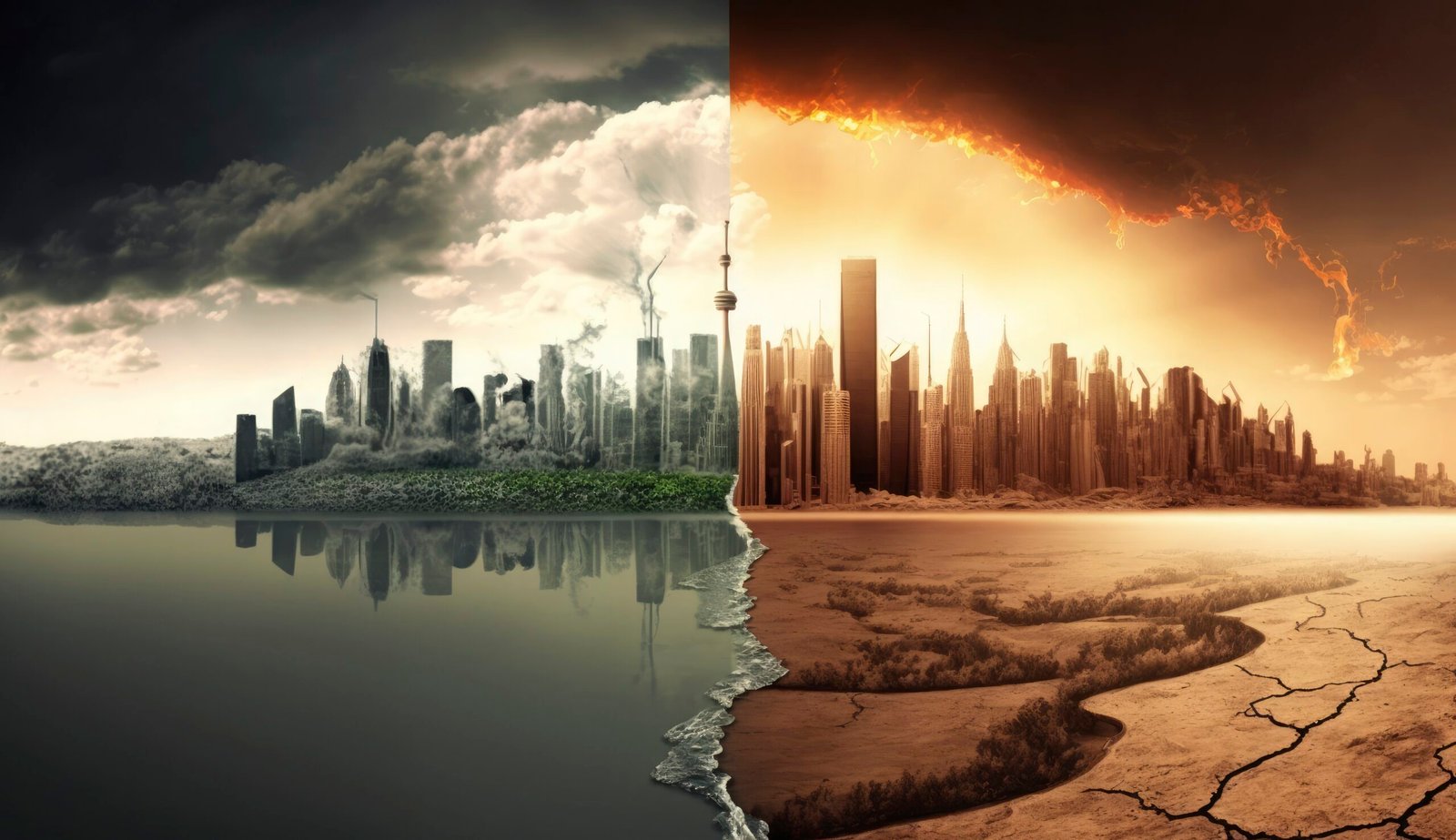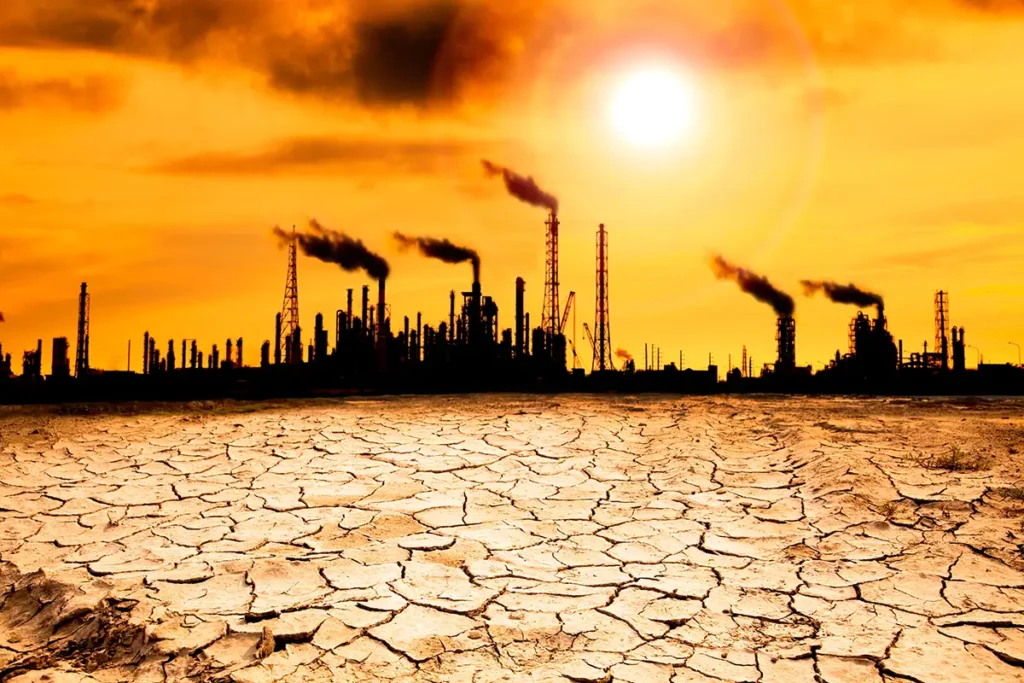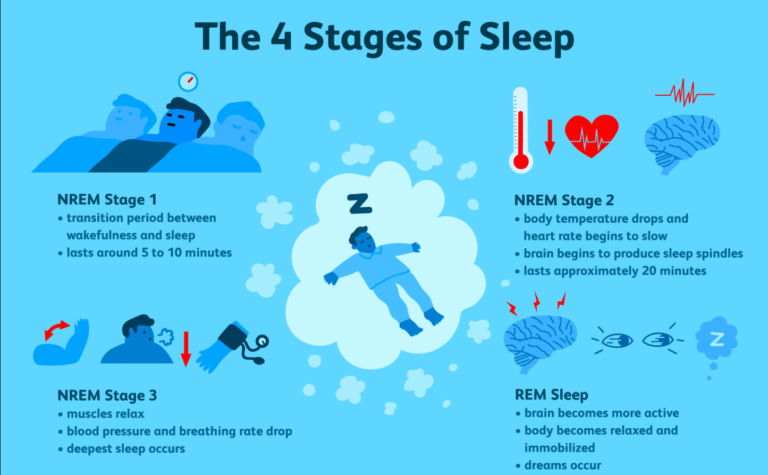Understanding Global Warming: Causes, Consequences, and Solutions

Global warming, the long-term warming of the Earth’s atmosphere and oceans, has become one of the environmental problems of our time. It is an important aspect of climate change, with profound consequences for ecosystems, economies and human health. In this article, we will explore the causes of global warming, its effects, and propose solutions to prevent further damage to the environment.
Climate Change and Global Warming: The Relationship
While global warming refers specifically to increases in average global temperatures caused by human activities, climate change encompasses a wide range of changes, including climate change, sea level rise, and ecosystem changes. In discussions of the media and climate change, global warming and climate change are often used interchangeably, but it is important to distinguish whether global warming is the primary driver of the global climate crisis. According to the United Nations Climate Change Report, human activities, especially the burning of fossil fuels, have significantly increased the temperature of the earth.
Causes of Global Warming: Human vs. Natural Factors However, in recent centuries, human contribution has become the main cause of global warming.

Fossil Fuels and Greenhouse Gases
The primary cause of global warming is the burning of fossil fuels (coal, oil, and natural gas) for energy. This releases large amounts of carbon dioxide (CO2) and methane (CH4), two powerful greenhouse gases, into the atmosphere. These gases trap heat, preventing it from escaping into the atmosphere, exacerbating the greenhouse effect and increasing global temperatures.
Deforestation
Another important cause of global warming is deforestation. Trees play an important role in absorbing carbon dioxide from the atmosphere. When forests are cleared for agriculture, urban development or forestry, the carbon dioxide disappears and the stored carbon dioxide is released back into the atmosphere.
Industrial Processes
Industrial activities, including cement production, steelmaking, and chemical processes, emit greenhouse gases into the atmosphere. Many industrial processes also produce powerful greenhouse gases such as nitrous oxide, which contribute significantly to global warming.
Agriculture
Agricultural activities, especially raising livestock, emit methane—a powerful environmental gas. The use of synthetic fertilizers produces nitrous oxide, which contributes to global warming.
Natural Causes
Although human activity is the primary cause, natural causes of climate change, such as volcanic eruptions, changes in solar radiation, and changes in the Earth’s orbit, also affect weather patterns. However, their impact on global warming is small compared to human factors.
Conclusion
Global warming is an urgent and pressing issue that continues to have profound effects on our planet. As human activities, particularly the burning of fossil fuels, deforestation, and industrial processes, drive the rise in global temperatures, we are witnessing significant changes in ecosystems, weather patterns, and sea levels. These changes are not only detrimental to the environment but also pose serious risks to human health, food security, and economic stability. However, addressing global warming requires collective global action, and there is still hope to mitigate its impact.
The first step in combating global warming is reducing greenhouse gas emissions, which can be achieved by transitioning to cleaner, renewable energy sources like wind, solar, and hydropower. Additionally, protecting and expanding forests, which serve as vital carbon sinks, can help absorb CO2 and reduce the effects of climate change. Sustainable agricultural practices, improved waste management, and changes in consumption patterns can also contribute to lowering emissions. On a global scale, nations must commit to international climate agreements and policies that prioritize environmental protection and hold industries accountable for their contributions to global warming.
Ultimately, while the challenge of global warming is significant, it is not insurmountable. By adopting innovative technologies, promoting green practices, and fostering a collective commitment to sustainability, we can take meaningful steps to reduce the impact of global warming. However, time is of the essence, and immediate action is necessary to safeguard our planet for future generations. The fight against global warming requires the collaboration of governments, businesses, communities, and individuals, and together, we can create a more resilient and sustainable future.






